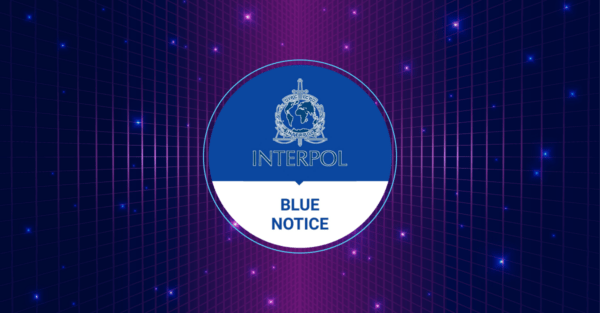
5 Things to Avoid in the Interview Process

Taking the plunge and kicking off a job search is a daunting task. After nailing your C.V and bagging yourself an interview, establishing what not to do in the rest of the application process is vital to land your dream role.
We have worked with the healthcare and education recruitment specialists at Athona to give you their top 5 tips on what NOT to do in the interview process.
Turning up unprepared
If you turn up to an interview without doing your homework, it will show. It may seem obvious that you need to do some research before attending an interview, but a huge number of job hunters still don’t sufficiently research the company before an interview. You should be able to prove that you know their business, you know what the job entails, and you know the kind of person they are looking for and why. Study the job description, look for recent news on the business, and pay attention to their social media channels.
As well as researching the company and job role, you should also prepare for every interview by thinking of your answers to common interview questions. Turn up to the meeting already knowing your top accomplishments, examples of dealing with conflicts, and reasons why you want this job. Being prepared will bring a sense of confidence and give you organised structure to your answers.
Asking the wrong questions (or no questions at all!)
It may not feel like it, but an interview is a two-way process. Not only are you there for the company to decide if you’re a good fit for the role, but you should also be deciding if they are a company you want to work for. Take advantage of the face to face opportunity by asking thoughtful questions that will not only provide you with valuable insights, but also make you stand out from other candidates.
Pretending you’re perfect
Everybody has their own strengths and weaknesses, and whilst it can be tempting to act like you never make mistakes and have no downfalls, interviewers want to know about your areas of learning. Always be honest with your weaknesses but present them with a positive spin by highlighting them as an area you are working on for self-improvement. No interviewer will believe that you have no areas of weakness, and being able to identify them and work on them is a strength in itself.
‘Hey, I am early’
It is obvious that you should never turn up late to a job interview but turning up too early can be a big mistake as well. Interviewers are busy, they probably have a full day of interviews lined up, along with plenty of other tasks. If you turn up 30 minutes early, it can be very inconvenient for interviewer and start the meeting off on the wrong foot. It is always good to allow extra time to arrive at the location, especially if it is a new place that you are unfamiliar with or relying on public transport to get you there. However, if you do end up getting there very early, sit in a local coffee shop or wait in your car until closer to your interview time. Arriving about ten minutes early for an interview is usually best practice, as it shows you are organised and reliable, whilst also giving you some time to compose yourself and prepare for the upcoming interview.
Using poor body language
The age old saying of actions speak louder than words is very relevant when it comes to a job interview. If you are fidgeting and avoiding eye contact, your interviewer will pick up on this and see it as a negative. Whilst most interviewers won’t hold slight nerves against you, if you are able to stay cool, calm and collected it will give a much better impression.














































